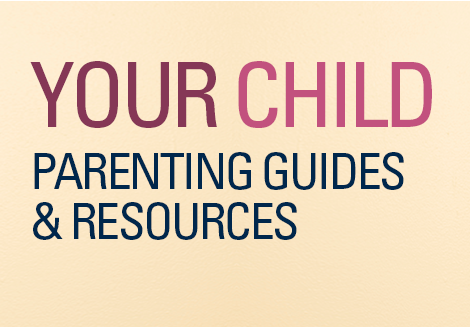 In the culture of special needs parenting, certain types of disabilities push parents toward the edges. Those of us with mentally ill kids inch away from bright lights and parent support groups. Words stick in our mouths. We clear our throats, nodding as other parents discuss hard things. If their children cannot read, cannot walk, cannot hear — then at least they have not thrown an iPad through the screen of the television. Pulled a knife out of the drawer and held it toward someone who loves them. Attempted to pull off their own ears as they weep.
In the culture of special needs parenting, certain types of disabilities push parents toward the edges. Those of us with mentally ill kids inch away from bright lights and parent support groups. Words stick in our mouths. We clear our throats, nodding as other parents discuss hard things. If their children cannot read, cannot walk, cannot hear — then at least they have not thrown an iPad through the screen of the television. Pulled a knife out of the drawer and held it toward someone who loves them. Attempted to pull off their own ears as they weep.
There is a moment of shock that occurs when you share something like that, quickly hidden. Their child would never do that. Their child is not like that.
We need other parents, though, more than we need honest conversations about why our children are in the hospital or what type of waiting rooms we sit in every week. At least the language is the same, and there is comfort in that: doctors and diagnoses, appointments and medications. These other parents have also lost sleep, Googling for hours, seeing therapists themselves to find solid ground on which to stand.
But to go to work, to grocery shop, to grill the hamburgers for dinner? That requires compartmentalizing, something I am notoriously bad at. It requires a series of locks and keys. The part of us that is too tired to cry is in the closet by the bottom of the basement stairs. The part that thinks “Not again. I cannot go through this again,” is in the lock box in the pantry with the medicines. The part that blames our genetic history, that wishes we had known how these things get passed along — that might have chosen differently — is too shameful to acknowledge, much less share. What kind of mother would think such thoughts?
Source: The Washington Post | They rage, and I struggle to help: What it’s like parenting children with mental illness, https://www.washingtonpost.com/lifestyle/2019/11/14/they-rage-i-struggle-help-what-its-like-parenting-children-with-mental-illness | © 2020 The Washington Post







